
Mombasa: The Jewel of Kenya's Coastline
Mombasa, Kenya's second-largest city, is a mesmerizing blend of cultures, history, and natural beauty. Situated along the Indian Ocean, Mombasa boasts stunning beaches, vibrant coral reefs, and a rich Swahili culture that captivates every visitor. The city's old town is a labyrinth of narrow streets filled with ancient buildings, ornate doorways, and bustling markets that offer a glimpse into its storied past. The iconic Fort Jesus, a UNESCO World Heritage Site, stands as a testament to Mombasa's colonial history. Built by the Portuguese in the 16th century, the fort provides panoramic views of the harbor and is a must-visit for history enthusiasts. For those seeking adventure, the nearby marine parks offer snorkeling and diving opportunities that reveal the underwater wonders of the Indian Ocean. Mombasa is also a culinary paradise. The city's diverse population has given rise to a unique fusion of flavors, blending African, Indian, and Arabic influences. From street food stalls to upscale restaurants, the local cuisine is a treat for the taste buds. Don't miss trying Swahili dishes like biryani, samosas, and fresh seafood, which are integral to the Mombasa experience.
Local tips in Mombasa
- Best time to visit is between July and October for pleasant weather and less humidity.
- Use local tuk-tuks for short distances; they're affordable and a fun way to see the city.
- Dress modestly, especially when visiting religious sites and local markets.
- Carry cash, as many small vendors and markets do not accept credit cards.
- Stay hydrated and use sun protection; the coastal sun can be intense.
Mombasa: The Jewel of Kenya's Coastline
Mombasa, Kenya's second-largest city, is a mesmerizing blend of cultures, history, and natural beauty. Situated along the Indian Ocean, Mombasa boasts stunning beaches, vibrant coral reefs, and a rich Swahili culture that captivates every visitor. The city's old town is a labyrinth of narrow streets filled with ancient buildings, ornate doorways, and bustling markets that offer a glimpse into its storied past. The iconic Fort Jesus, a UNESCO World Heritage Site, stands as a testament to Mombasa's colonial history. Built by the Portuguese in the 16th century, the fort provides panoramic views of the harbor and is a must-visit for history enthusiasts. For those seeking adventure, the nearby marine parks offer snorkeling and diving opportunities that reveal the underwater wonders of the Indian Ocean. Mombasa is also a culinary paradise. The city's diverse population has given rise to a unique fusion of flavors, blending African, Indian, and Arabic influences. From street food stalls to upscale restaurants, the local cuisine is a treat for the taste buds. Don't miss trying Swahili dishes like biryani, samosas, and fresh seafood, which are integral to the Mombasa experience.
When is the best time to go to Mombasa?
Iconic landmarks you can’t miss
Fort Jesus Museum
Discover the rich history and stunning architecture of Fort Jesus Museum in Mombasa, a UNESCO World Heritage site that captivates every traveler.
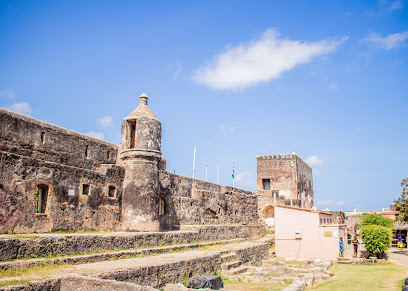
Haller Park
Discover Haller Park in Mombasa for an unforgettable experience with nature, wildlife, and conservation in a stunning ecological setting.
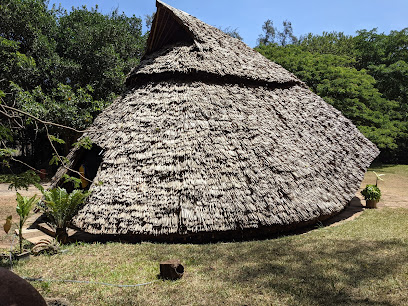
Pembe Za Ndovu - Mombasa
Discover the majestic Pembe Za Ndovu, a symbol of Mombasa's heritage and wildlife conservation, standing tall at the city's entrance.
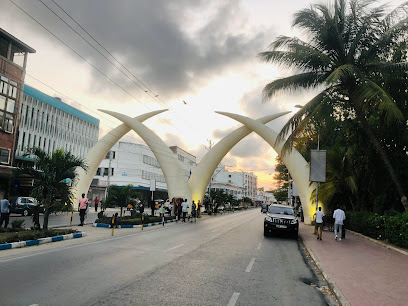
Mama Ngina Waterfront
Discover the stunning beauty and cultural richness of Mama Ngina Waterfront, a serene park in Mombasa offering breathtaking ocean views and local experiences.
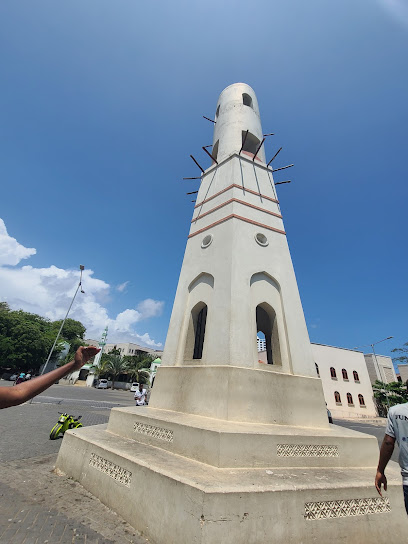
Wild Waters
Experience the thrill of East Africa's largest water park, Wild Waters in Mombasa, where fun and relaxation meet in a tropical paradise.
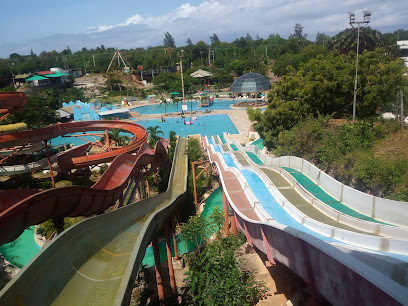
New Nyali Bridge
Explore the stunning New Nyali Bridge, a breathtaking connection between Mombasa Island and the mainland, offering picturesque views and vibrant local culture.
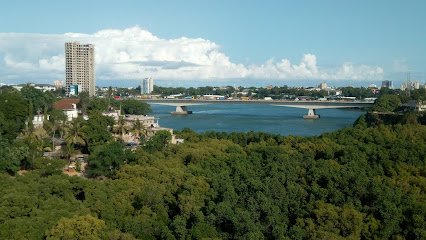
Tudor Water Sports Marina
Experience the best of Mombasa at Tudor Water Sports Marina, where dining and adventure meet stunning coastal views.
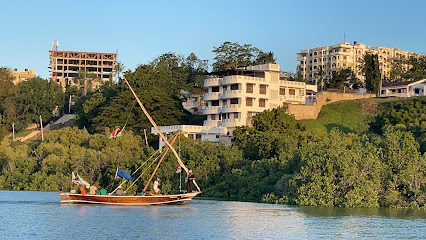
Holy Ghost Cathedral
Discover the architectural beauty and spiritual serenity of Holy Ghost Cathedral, a historic treasure in Mombasa, Kenya.
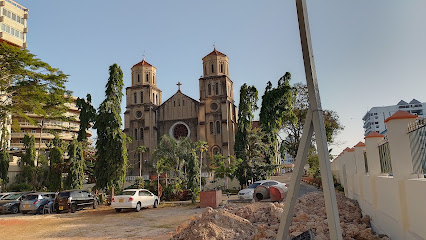
Ratna Square Shopping Centre
Discover the vibrant shopping and dining experience at Ratna Square Shopping Centre in Mombasa, a must-visit for every tourist.
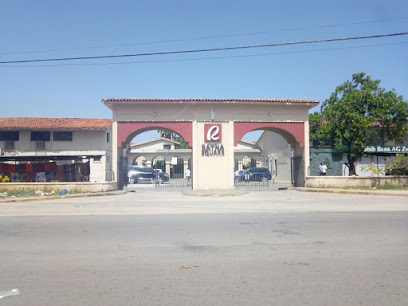
Floating Island Restaurant
Experience the best of Mombasa's seafood at the Floating Island Restaurant, where culinary delights meet stunning ocean views.
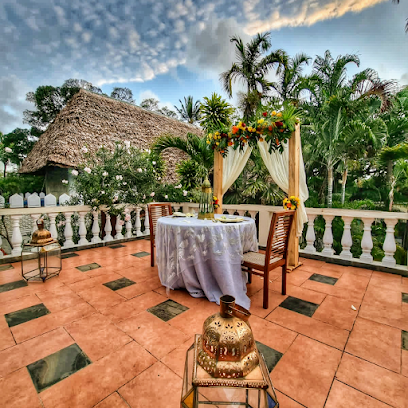
Uhuru Garden
Discover the tranquility of Uhuru Garden in Mombasa, a lush sanctuary rich in history and natural beauty, ideal for relaxation and exploration.
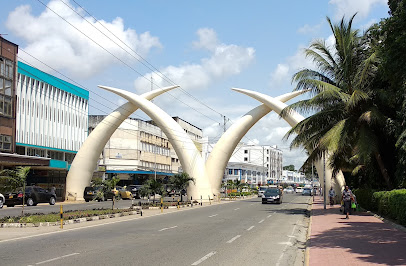
Jumba La Mtwana
Explore the ancient ruins of Jumba La Mtwana, a captivating historical site that reveals the rich Swahili heritage of Kenya's coast.
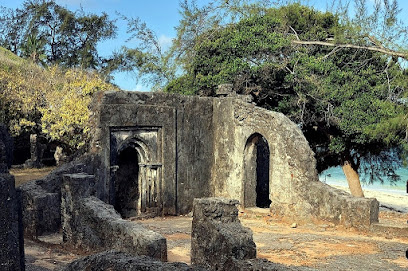
Nguuni Nature Sanctuary
Experience the beauty of wildlife and nature at Nguuni Nature Sanctuary, a serene retreat in Mombasa, perfect for birdwatching, education, and photography.
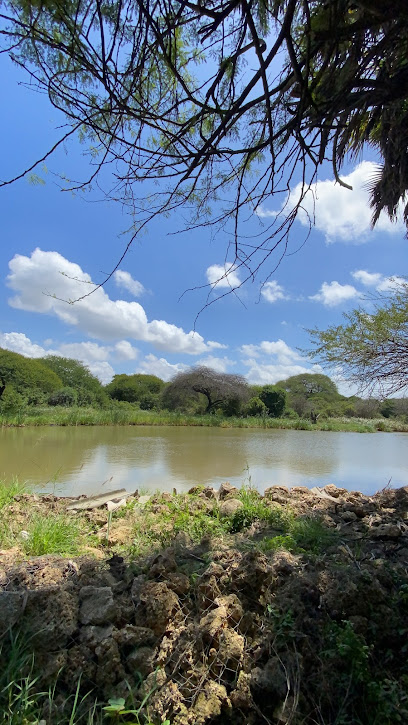
Mamba Village Centre
Explore Mamba Village Centre in Mombasa, where wildlife, botanical beauty, and cultural experiences await every visitor.
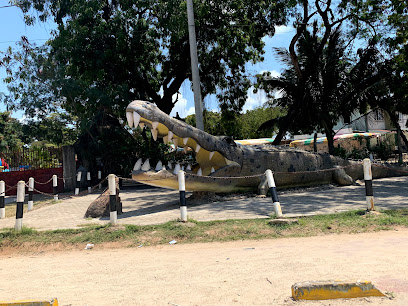
Mama Ngina Garden
Discover tranquility at Mama Ngina Garden, a lush green haven in Mombasa offering stunning ocean views and a peaceful escape from city life.
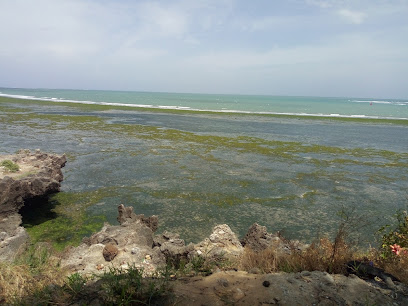
Unmissable attractions to see
Fort Jesus Museum
Explore the rich history and stunning architecture of Fort Jesus, a UNESCO World Heritage site in Mombasa, Kenya, known for its vibrant culture and breathtaking views.
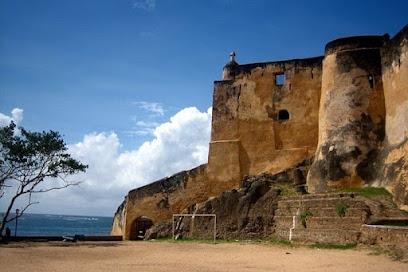
Haller Park
Explore the lush landscapes and diverse wildlife of Haller Park, a remarkable ecological restoration in Mombasa, perfect for nature lovers and families.
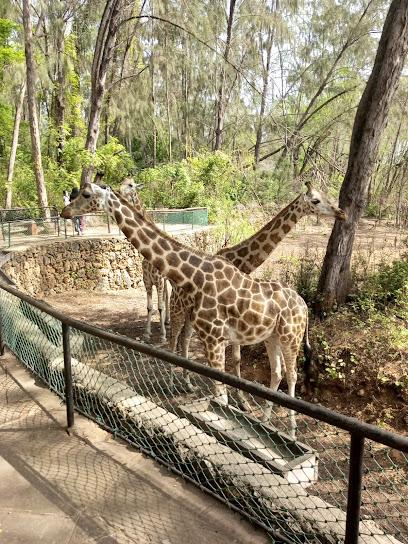
Wild Waters
Experience the ultimate fun and adventure at Wild Waters Mombasa, Kenya's premier water park with thrilling rides and a tropical paradise.
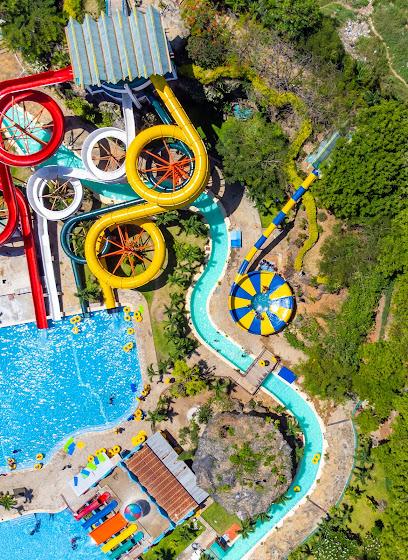
Diani Beach
Discover the enchanting beauty of Diani Beach, Kenya's premier destination for sun, sea, and adventure on the Indian Ocean coast.
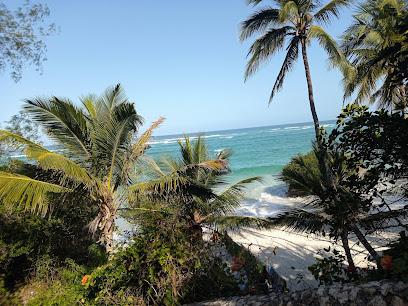
Nyali Beach
Discover the blissful beauty of Nyali Beach, a stunning coastal paradise in Kenya perfect for relaxation, adventure, and unforgettable memories.
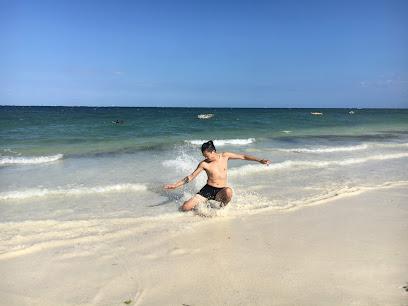
Mamba Village
Explore Mamba Village in Mombasa, a captivating animal park showcasing crocodiles and diverse wildlife amidst stunning natural beauty.
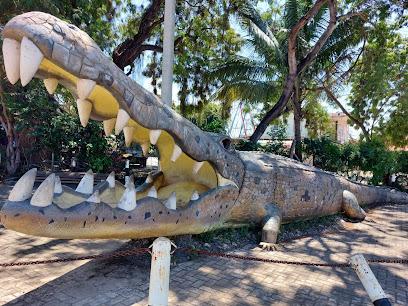
Mombasa Go-Kart and Adventure Park
Experience the thrill of racing and adventure at Mombasa Go-Kart and Adventure Park, where fun awaits for the whole family.
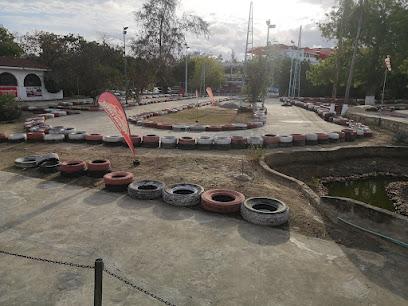
New Nyali Bridge
Discover the breathtaking views and vibrant atmosphere of the New Nyali Bridge in Mombasa, a must-visit tourist attraction.
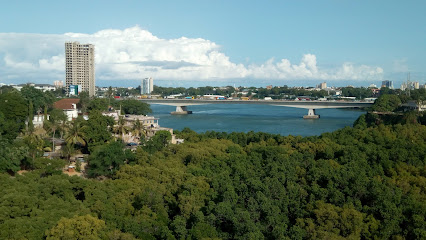
Holy Ghost Cathedral
Discover the architectural beauty and spiritual ambiance of Holy Ghost Cathedral in Mombasa, a must-visit destination for every traveler.
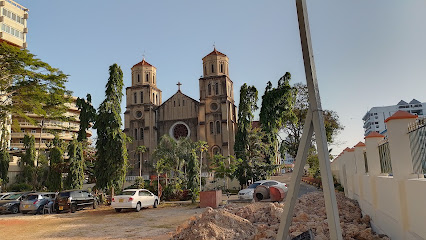
Mamba Village
Explore Mamba Village in Mombasa, a premier animal park dedicated to crocodile conservation, wildlife education, and family-friendly experiences.
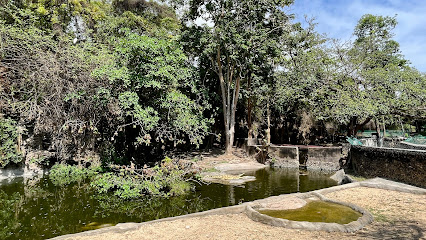
Shimba Hills National Reserve
Discover the natural wonders of Shimba Hills National Reserve, a haven for wildlife and breathtaking landscapes in Kenya.
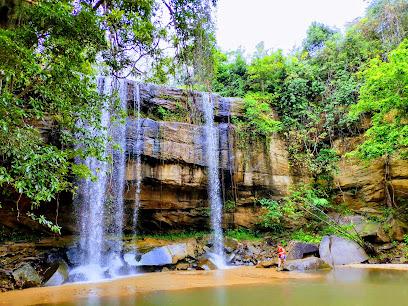
Bombolulu Coast Workshop and Cultural Centre
Explore the vibrant culture of Mombasa at Bombolulu Coast Workshop and Cultural Centre - a hub of artistry, tradition, and inclusivity.
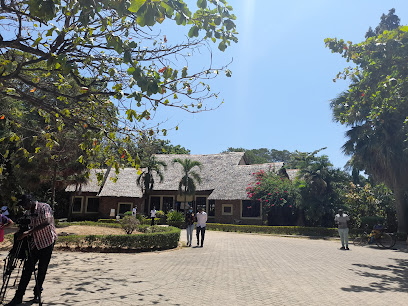
Uhuru Garden
Discover the beauty and tranquility of Uhuru Garden in Mombasa, a lush oasis perfect for relaxation, picnics, and cultural exploration.
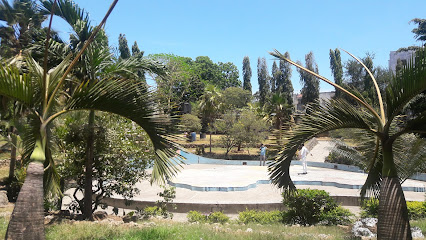
Mombasa Marine Park & Reserve
Explore the vibrant marine life and stunning landscapes of Mombasa Marine Park & Reserve, a premier eco-destination in Kenya.
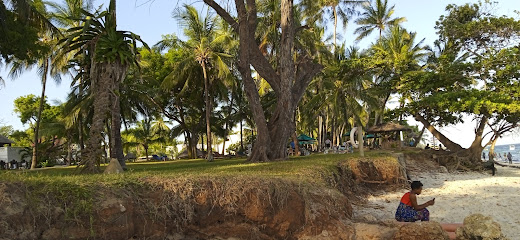
Nguuni Nature Sanctuary
Experience the serenity of Nguuni Nature Sanctuary in Mombasa, Kenya, where wildlife, education, and photography come together in a breathtaking natural setting.
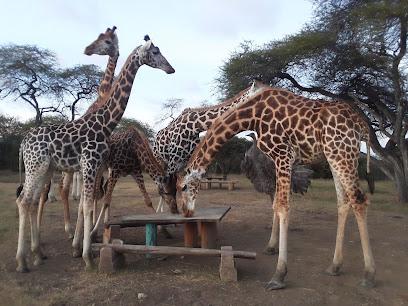
Essential places to dine
Char-Choma Restaurant
Experience the rich flavors of Mombasa at Char-Choma Restaurant—your family-friendly dining destination by the beach.
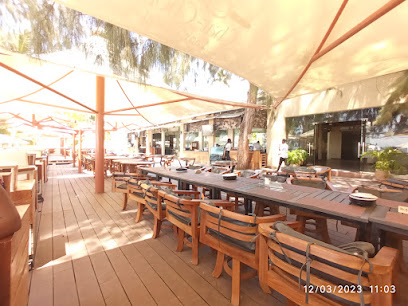
Tarboush Restaurant
Discover Tarboush Restaurant: A culinary gem in Mombasa offering authentic shawarma and Middle Eastern delights amidst a vibrant atmosphere.
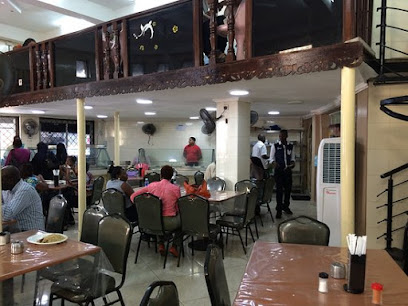
Yul's Restaurant
Experience the best of Mombasa’s culinary scene at Yul's Restaurant with fresh seafood and international flavors in a welcoming atmosphere.
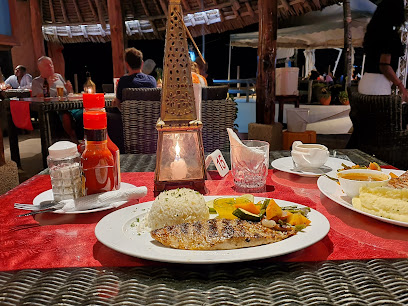
Blue Room Restaurant & Ice Cream
Experience the best family-friendly dining at Blue Room Restaurant & Ice Cream in Mombasa with delectable fast food and irresistible ice cream treats.
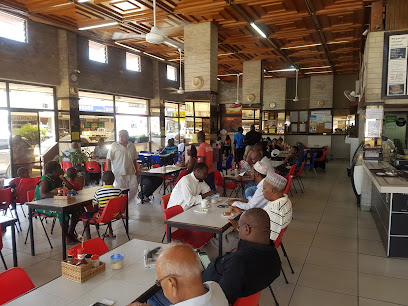
Forodhani Restaurant
Experience the flavors of Kenya at Forodhani Restaurant in Mombasa - where local cuisine meets vibrant hospitality.
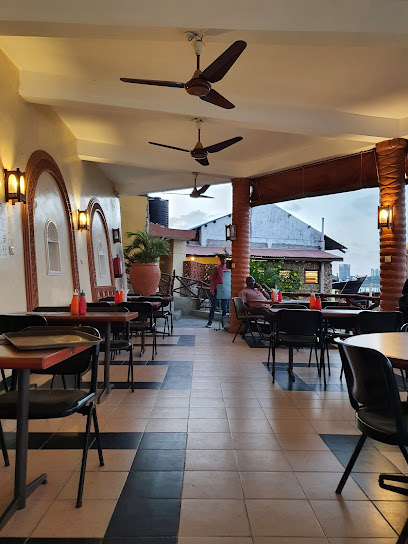
Cafesserie
Discover the vibrant flavors of Mombasa at Cafesserie - your go-to café-restaurant for delightful meals in a warm atmosphere.
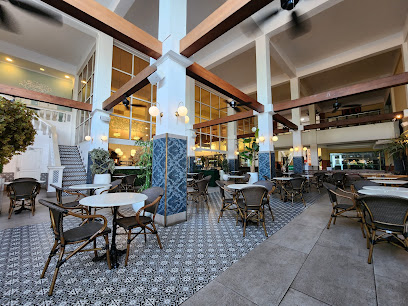
Maasai Beach Bar & Restaurant
Discover culinary delights at Maasai Beach Bar & Restaurant in Mombasa—where local flavors meet stunning ocean views.
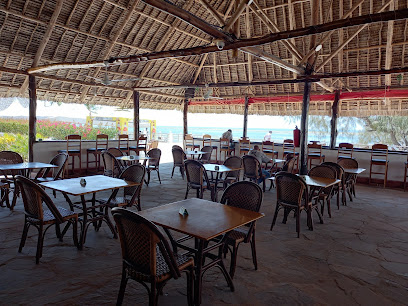
Tapas Cielo Bar & Restaurant
Discover vibrant dining at Tapas Cielo Bar & Restaurant in Mombasa - where tantalizing tapas meet exquisite cocktails in a lively atmosphere.
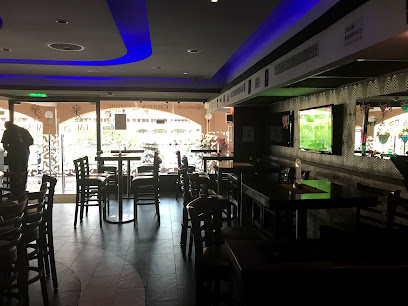
Qaffee Point
Experience authentic Middle Eastern cuisine at Qaffee Point in Mombasa – where every dish tells a story.
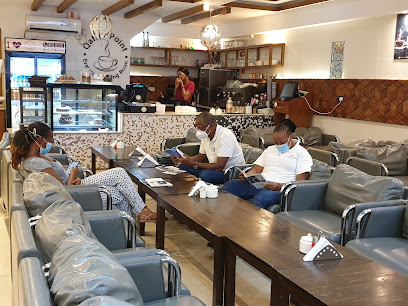
Roberto's Italian Restaurant
Experience authentic Italian cuisine in Mombasa at Roberto's Italian Restaurant – where every meal is a celebration of flavor.
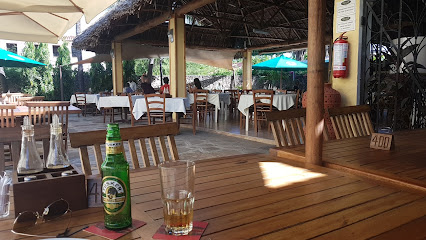
10 Street
Discover 10 Street in Mombasa – where vibrant flavors meet lively atmospheres for an unforgettable dining experience.
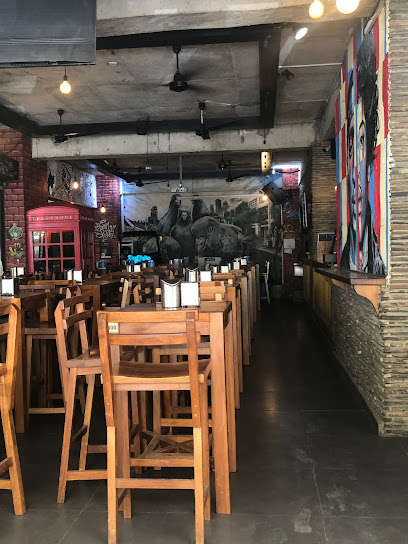
Tamarind Dhow Restaurant Mombasa
Discover culinary excellence on the water at Tamarind Dhow Restaurant Mombasa – where exquisite seafood meets breathtaking ocean views.
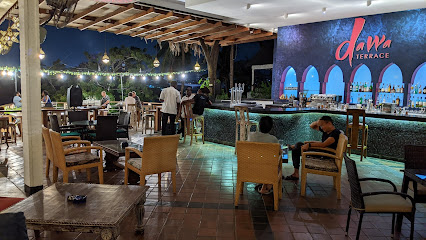
Aberdare Restaurant Nyali
Experience the vibrant flavors of local and international cuisine at Aberdare Restaurant Nyali in Mombasa.
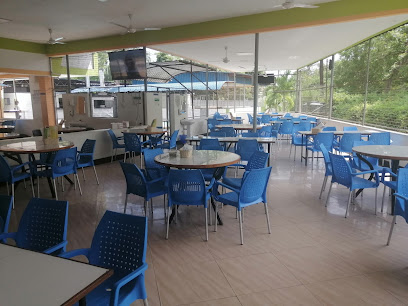
Floating Island Restaurant
Discover exquisite seafood and stunning views at Mombasa's Floating Island Restaurant – a culinary paradise by the water.
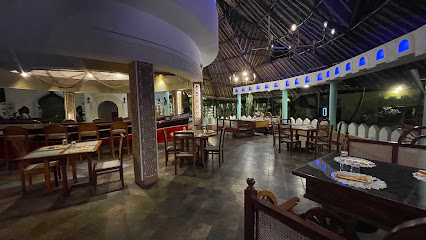
GALAXY CHINESE RESTAURANT-MOMBASA
Experience authentic Chinese cuisine at Galaxy Chinese Restaurant in Mombasa - where flavor meets culture.
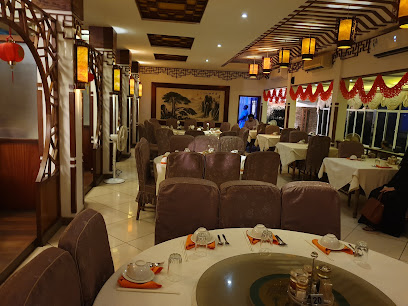
Markets, malls and hidden boutiques
Nyali Centre
Discover the vibrant shopping experience at Nyali Centre in Mombasa, where culture meets modern retail in a stunning environment.
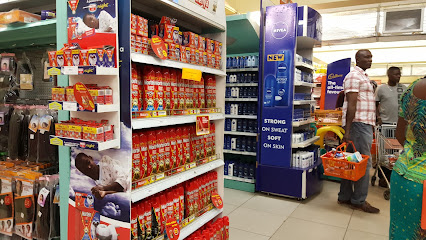
City Mall Nyali
Discover the vibrant shopping experience at City Mall Nyali in Mombasa, where local culture meets global brands in a tropical paradise.
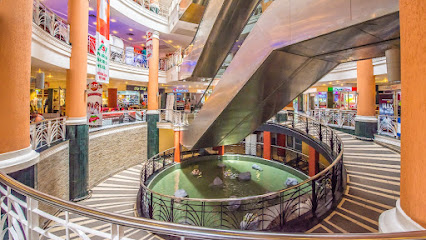
Akamba Handicraft Industry, Co - Operative Society
Discover the vibrant artistry of Kenya at the Akamba Handicraft Industry, a must-visit destination for cultural treasures and unique handcrafted pieces.
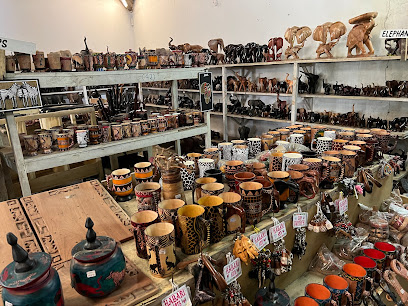
Mombasa Mall
Explore Mombasa Mall: A vibrant shopping haven offering diverse shops, dining delights, and entertainment in the heart of Mombasa.
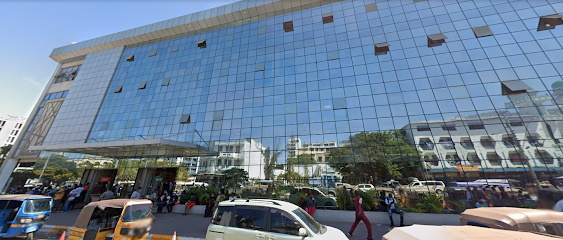
NILA BABY SHOP MOMBASA
Explore Nila Baby Shop in Mombasa for stylish baby clothing and accessories, perfect for parents seeking quality and comfort for their little ones.
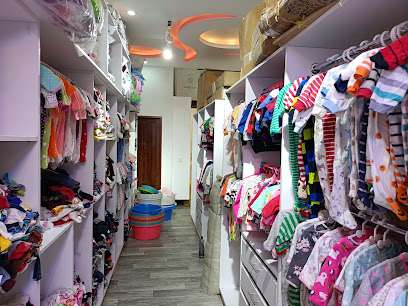
Pablo Gift Shop
Explore Mombasa's Pablo Gift Shop for unique gifts and souvenirs that embody the spirit of Kenya's rich culture and artistry.
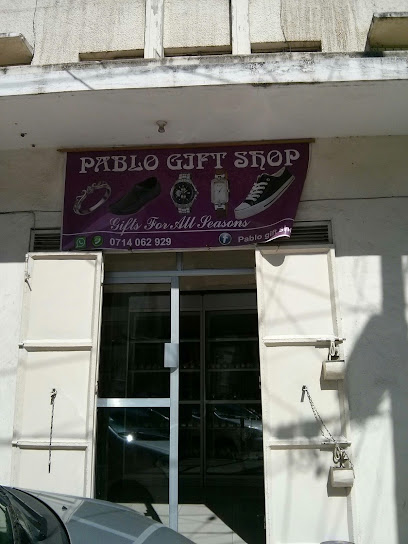
Kanzu Palace - Old Town Outlet
Explore the vibrant styles of Mombasa at Kanzu Palace, where tradition meets modern fashion in the heart of Old Town.
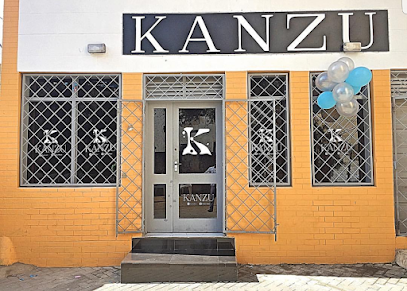
Imani Collective
Explore Imani Collective in Mombasa for unique Kenyan crafts and empower local artisans while finding the perfect souvenir.
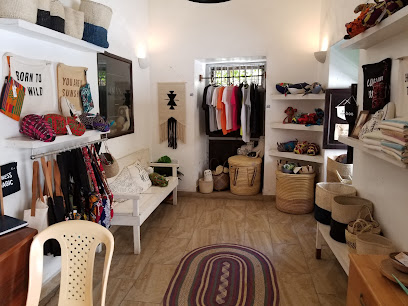
Promode Mombasa
Explore Promode Mombasa, a boutique treasure trove of local crafts, fashion, and unforgettable souvenirs in the heart of this vibrant coastal city.
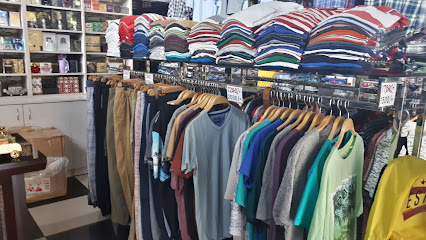
Mama Sita's Utamaduni Curio Shop
Explore Mama Sita's Utamaduni Curio Shop in Mombasa for unique antiques, local art, and handcrafted gifts that celebrate Kenyan culture.
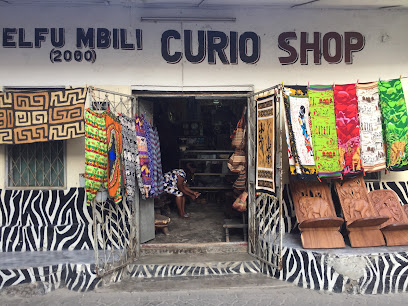
Jeanius Wear
Discover Mombasa's vibrant men's fashion scene at Jeanius Wear, where style meets local culture along Marikiti Market Street.
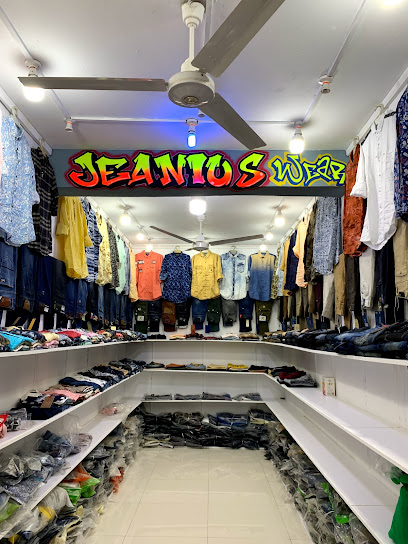
Haria'S Gift Shop
Explore Haria's Gift Shop in Mombasa for unique souvenirs and local crafts that embody the rich culture of Kenya.

Moiz Boutique Ltd
Explore the elegance of Moiz Boutique Ltd in Mombasa, where unique jewelry and stylish apparel await your discovery.
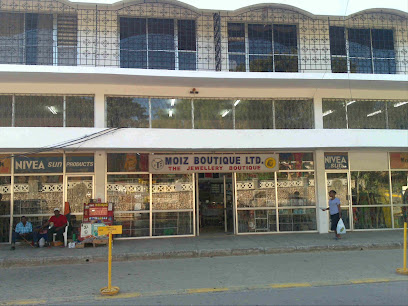
Mombasa Store
Explore the charm of Mombasa Store, your destination for unique home goods and local craftsmanship in the heart of Kenya.

Accessorize with Style
Unveil the essence of style at Accessorize with Style, Mombasa's premier destination for exquisite gifts and fashion accessories.
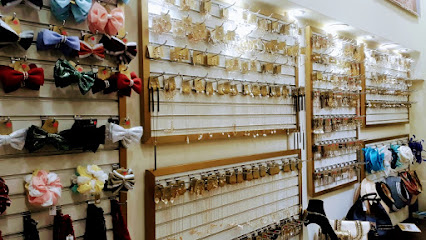
Essential bars & hidden hideouts
Moonshine Beach Bar
Discover the vibrant atmosphere of Moonshine Beach Bar, a perfect blend of tropical charm and delicious cocktails in Mombasa, Kenya.
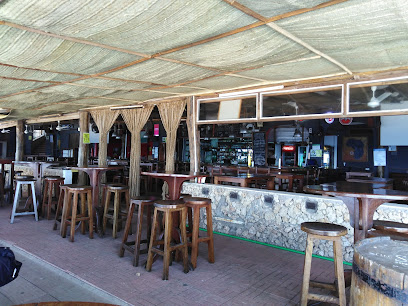
Maasai Beach Bar & Restaurant
Discover the vibrant Maasai Beach Bar & Restaurant in Mombasa, where local flavors meet stunning ocean views for an unforgettable dining experience.
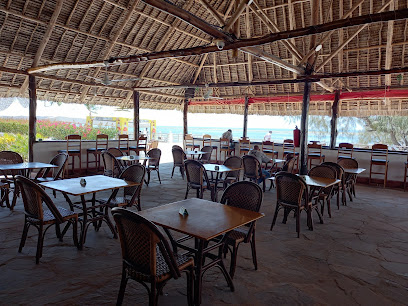
Anuba Lounge
Experience the vibrant nightlife of Mombasa at Anuba Lounge, where cocktails, live music, and great ambiance await.
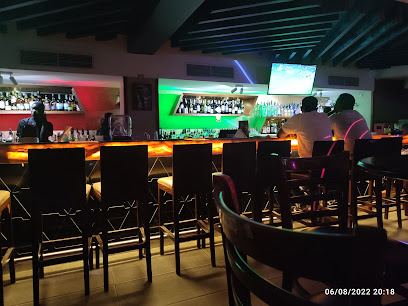
Tapas Cielo Bar & Restaurant
Discover Tapas Cielo Bar & Restaurant in Mombasa, where vibrant tapas meet exquisite cocktails in a lively setting.
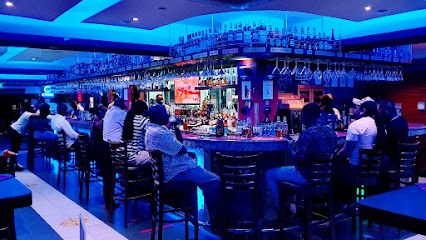
10 Street
Discover the lively essence of Mombasa at 10 Street, a vibrant bar and restaurant offering local flavors and unforgettable nightlife.
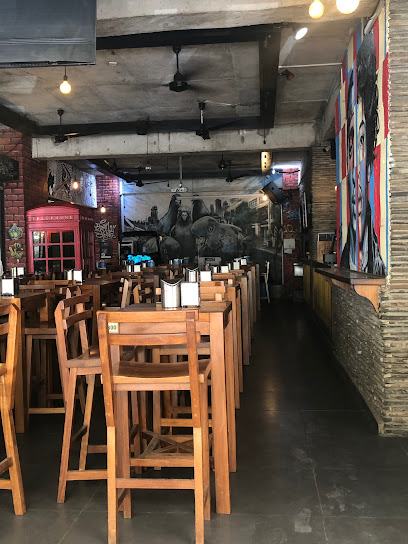
Zero 4
Experience the thrill of sports in Mombasa at Zero 4, where great food, drinks, and lively atmosphere meet for an unforgettable outing.
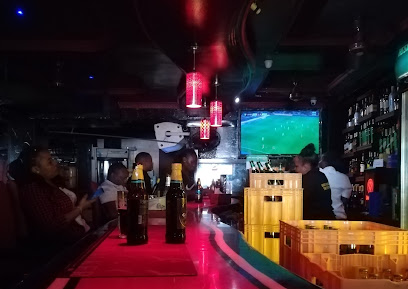
Safari Inn Bar & Restaurant
Experience the best of Mombasa's nightlife at Safari Inn Bar & Restaurant, offering delicious cuisine, live music, and a vibrant atmosphere.
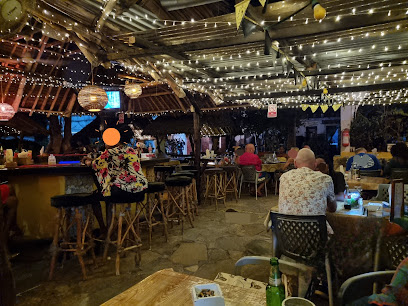
Signature Club Mombasa
Discover the vibrant nightlife of Mombasa at Signature Club, a lively bar featuring an extensive drink menu and an energetic atmosphere.
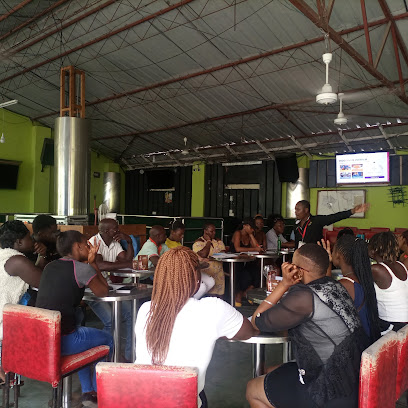
Klub Savannah
Experience the vibrant nightlife of Mombasa at Klub Savannah – a lively bar offering an extensive drink menu and a welcoming atmosphere.
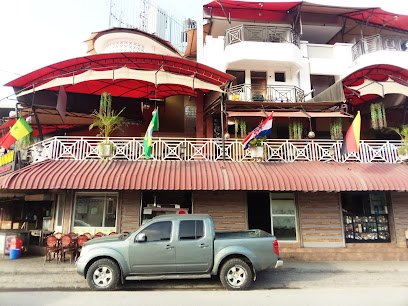
Whiteball lounge Nyali mombasa
Experience the vibrant culinary scene at Whiteball Lounge in Nyali, Mombasa, where grilling perfection meets warm hospitality.
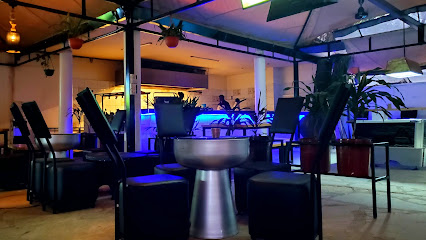
Silos Sports Bar
Experience the vibrant nightlife of Mombasa at Silos Sports Bar, where great drinks and a lively atmosphere come together for an unforgettable evening.
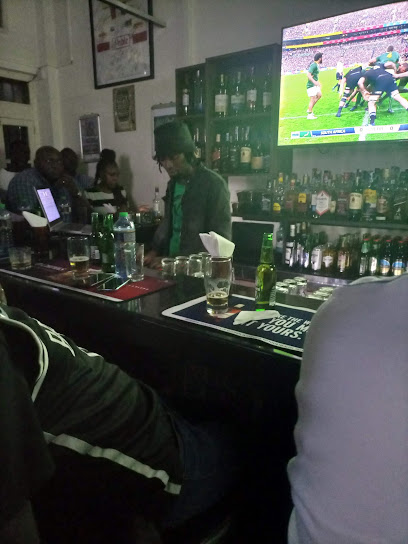
Sensera Pub And Restaurant
Discover the vibrant flavors of Mombasa at Sensera Pub and Restaurant, where local cuisine meets a lively pub atmosphere.
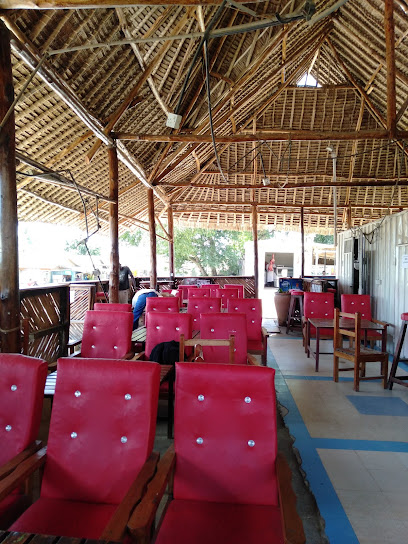
Mega Bar & Restaurant
Discover the lively Mega Bar & Restaurant in Mombasa, where delicious local cuisine and a vibrant atmosphere await tourists.
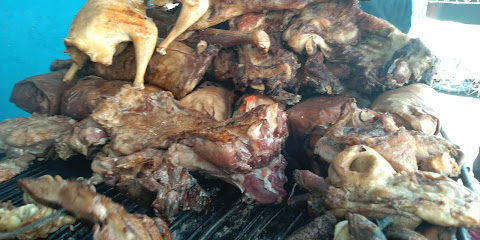
Jamsa Cool Breeze Pub
Experience the vibrant atmosphere of Jamsa Cool Breeze Pub in Mombasa, where refreshing drinks and local cuisine create unforgettable moments.
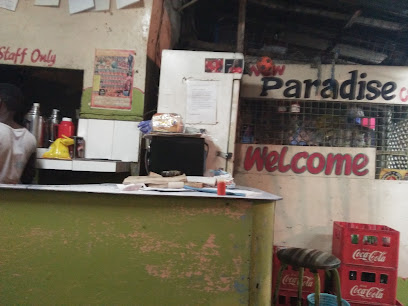
Local Phrases
-
- HelloJambo
[jahm-boh] - GoodbyeKwaheri
[kwah-heh-ree] - YesNdio
[n-dee-oh] - NoHapana
[hah-pah-nah] - Please/You're welcomeTafadhali
[tah-fah-dah-lee] - Thank youAsante
[ah-sahn-teh] - Excuse me/SorrySamahani
[sah-mah-hah-nee] - How are you?U hali gani?
[oo hah-lee gah-nee] - Fine. And you?Salama. Na wewe?
[sah-lah-mah. nah weh-weh] - Do you speak English?Unazungumza Kiingereza?
[oo-nah-zoo-ngoom-zah kee-een-geh-reh-zah] - I don't understandSielewi
[see-eh-leh-wee]
- HelloJambo
-
- I'd like to see the menu, pleaseNingependa kuona menyu, tafadhali
[nee-ngeh-pehn-dah kwoh-nah meh-nyoo, tah-fah-dah-lee] - I don't eat meatSili nyama
[see-lee nyah-mah] - Cheers!Afya!
[ah-fyah] - I would like to pay, pleaseNingependa kulipa, tafadhali
[nee-ngeh-pehn-dah koo-lee-pah, tah-fah-dah-lee]
- I'd like to see the menu, pleaseNingependa kuona menyu, tafadhali
-
- Help!Msaada!
[msah-ah-dah] - Go away!Ondoka!
[ohn-doh-kah] - Call the Police!Piga polisi!
[pee-gah poh-lee-see] - Call a doctor!Piga daktari!
[pee-gah dahk-tah-ree] - I'm lostNimepotea
[nee-meh-poh-teh-ah] - I'm illNinaumwa
[nee-nah-oom-wah]
- Help!Msaada!
-
- I'd like to buy...Ningependa kununua...
[nee-ngeh-pehn-dah koo-noo-noo-ah] - I'm just lookingNinaangalia tu
[nee-nah-ahng-ah-lee-ah too] - How much is it?Bei ni ngapi?
[beh-ee nee ngah-pee] - That's too expensiveHilo ni ghali sana
[hee-loh nee gah-lee sah-nah] - Can you lower the price?Unaweza kupunguza bei?
[oo-nah-weh-zah koo-poon-goo-zah beh-ee]
- I'd like to buy...Ningependa kununua...
-
- What time is it?Saa ngapi?
[sah-ah ngah-pee] - It's one o'clockNi saa moja
[nee sah-ah moh-jah] - Half past (10)Nusu kumi
[noo-soo koo-mee] - MorningAsubuhi
[ah-soo-boo-hee] - AfternoonMchana
[m-chah-nah] - EveningJioni
[joh-nee] - YesterdayJana
[jah-nah] - TodayLeo
[leh-oh] - TomorrowKesho
[keh-shoh] - 1Moja
[moh-jah] - 2Mbili
[m-bee-lee] - 3Tatu
[tah-too] - 4Nne
[n-neh] - 5Tano
[tah-noh] - 6Sita
[see-tah] - 7Saba
[sah-bah] - 8Nane
[nah-neh] - 9Tisa
[tee-sah] - 10Kumi
[koo-mee]
- What time is it?Saa ngapi?
-
- Where's a/the...?Iko wapi...?
[ee-koh wah-pee] - What's the address?Anwani ni ipi?
[ahn-wah-nee nee ee-pee] - Can you show me (on the map)?Unaweza kunionyesha (kwenye ramani)?
[oo-nah-weh-zah koo-nee-oh-nyeh-shah (kwehn-yeh rah-mah-nee)] - When's the next (bus)?Basi la pili lini?
[bah-see lah pee-lee lee-nee] - A ticket (to ....)Tiketi (kwenda ....)
[tee-keh-tee (kwehn-dah ....)]
- Where's a/the...?Iko wapi...?
History of Mombasa
-
Mombasa's history dates back to the 6th century when it was first mentioned by the Greek scholar Claudius Ptolemy. The city is believed to have been founded by Arab traders and became an important port due to its strategic location on the Indian Ocean. The name 'Mombasa' is thought to have originated from the Arabic word 'Manbasa,' meaning 'island.'
-
In 1498, the Portuguese explorer Vasco da Gama arrived in Mombasa, marking the beginning of European influence in the region. The Portuguese were interested in control over the lucrative spice trade and established Fort Jesus in 1593 to protect their interests. The fort remains one of the most iconic historical structures in Mombasa.
-
In the late 17th century, the Omani Arabs took control of Mombasa from the Portuguese. This period saw the flourishing of Swahili culture, characterized by a blend of African, Arab, and Persian influences. The Omani rule lasted until the 19th century, leaving a lasting impact on the architecture and culture of the city.
-
In the late 19th century, the British Empire established control over Mombasa. The city became an important administrative and commercial center under British rule. The construction of the Kenya-Uganda Railway in the early 20th century further solidified Mombasa's status as a crucial port city. The British era also saw the development of modern infrastructure and urban planning.
-
Kenya gained independence from British rule in 1963, and Mombasa became a key part of the newly-formed nation. Today, Mombasa is a vibrant city that blends its rich historical heritage with modern developments. It is a melting pot of cultures, with a diverse population that reflects its complex history. The city's economy thrives on tourism, trade, and industry.
-
Mombasa's cultural heritage is a tapestry woven from various ethnic groups including Swahili, Arab, Indian, and European influences. The Old Town area is a UNESCO World Heritage site, renowned for its narrow streets, historic buildings, and bustling markets. The city is also famous for its Swahili cuisine, music, and traditional crafts, which continue to attract visitors from around the world.
Mombasa Essentials
-
Mombasa is accessible via Moi International Airport (MBA), located approximately 10 kilometers from the city center. The airport handles both domestic and international flights. Major airlines such as Kenya Airways, Turkish Airlines, and Qatar Airways operate frequent flights to Mombasa. Alternatively, travelers can take the Standard Gauge Railway (SGR) from Nairobi to Mombasa, which offers a scenic and comfortable journey. Buses and long-distance coaches also connect Mombasa to various cities in Kenya.
-
Mombasa has a variety of transportation options including taxis, tuk-tuks, matatus (minibuses), and boda-bodas (motorbike taxis). Taxis and tuk-tuks are widely available and can be hailed on the street or arranged through hotel services. Matatus are the most common form of public transport, offering inexpensive rides along fixed routes. For a convenient and flexible option, consider renting a car, but be prepared for congested traffic in the city. Ferries are also available for crossing the Likoni Channel.
-
The official currency in Kenya is the Kenyan Shilling (KES). Credit cards are accepted in most hotels, restaurants, and larger shops, but it’s advisable to carry cash for smaller establishments and markets. ATMs are widely available throughout Mombasa, and foreign exchange bureaus offer currency conversion services. Mobile payment services like M-Pesa are also popular and can be used for various transactions.
-
Mombasa is generally safe for tourists, but it is important to take standard precautions. Avoid walking alone at night, especially in less populated areas. High-crime neighborhoods targeting tourists include Kisauni and parts of Likoni. Always use reputable taxi services and avoid displaying valuable items in public. Keep your belongings secure and be cautious of pickpockets in crowded areas.
-
In case of emergency, dial 999 for police, ambulance, or fire services. The main police station in Mombasa is located on Moi Avenue. For medical emergencies, Mombasa has several hospitals including Aga Khan Hospital and Mombasa Hospital. It is recommended to have travel insurance that covers medical emergencies. Pharmacies are available throughout the city for minor health issues and over-the-counter medications.
-
Fashion: Do dress modestly, especially when visiting religious sites or rural areas. Avoid overly revealing clothing. Religion: Do respect local customs and traditions. When visiting mosques, cover your head and remove your shoes. Public Transport: Do be respectful and courteous. Avoid eating and drinking on public transport. Greetings: Do greet people with a handshake and use the right hand or both hands. Eating & Drinking: Do try local cuisine and accept food offerings graciously. Avoid using the left hand when eating, as it is considered impolite.
-
To experience Mombasa like a local, visit the Old Town area with its narrow streets, Swahili architecture, and bustling markets. Engage with locals; they are generally friendly and welcoming. Don't miss the opportunity to taste local dishes such as biryani, pilau, and fresh seafood. For a unique experience, take a dhow cruise on the Indian Ocean or explore the historic Fort Jesus, a UNESCO World Heritage Site. Visit Nyali Beach for a relaxed day by the sea and Haller Park for an encounter with local wildlife.
Trending Landmark in Mombasa
-
Fort Jesus Museum
-
Haller Park
-
Pembe Za Ndovu - Mombasa
-
Mama Ngina Waterfront
-
Wild Waters
-
New Nyali Bridge
-
Tudor Water Sports Marina
-
Holy Ghost Cathedral
-
Ratna Square Shopping Centre
-
Floating Island Restaurant
-
Uhuru Garden
-
Jumba La Mtwana
-
Nguuni Nature Sanctuary
-
Mamba Village Centre
-
Mama Ngina Garden
Nearby Cities to Mombasa
-
Things To Do in Diani Beach
-
Things To Do in Malindi
-
Things To Do in Tanga
-
Things To Do in Lamu
-
Things To Do in Stone Town
-
Things To Do in Zanzibar City
-
Things To Do in Moshi
-
Things To Do in Dar es Salaam
-
Things To Do in Arusha
-
Things To Do in Morogoro
-
Things To Do in Nairobi
-
Things To Do in Dodoma
-
Things To Do in Naivasha
-
Things To Do in Singida
-
Things To Do in Nakuru













